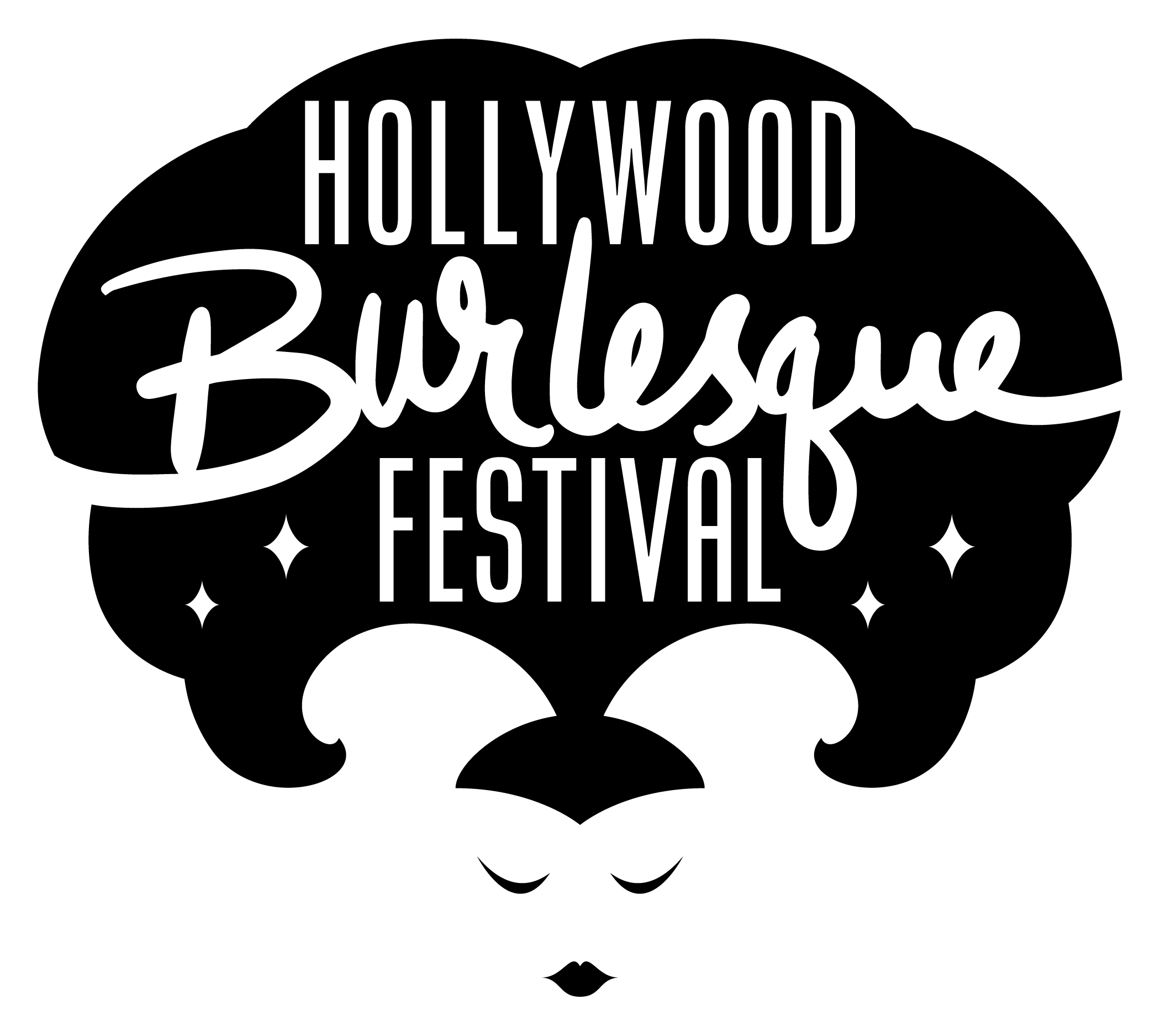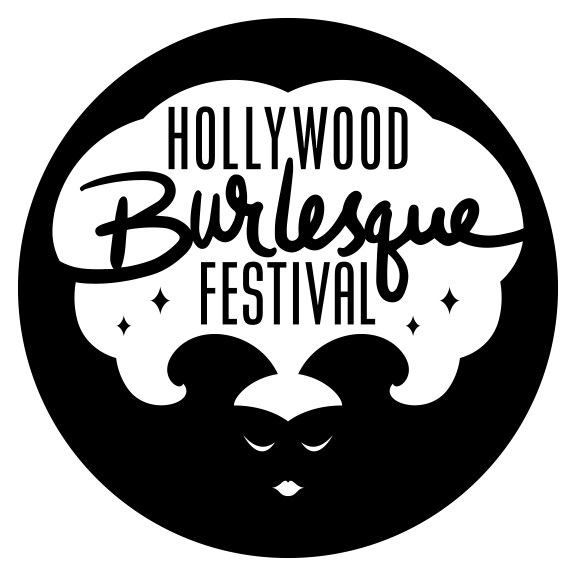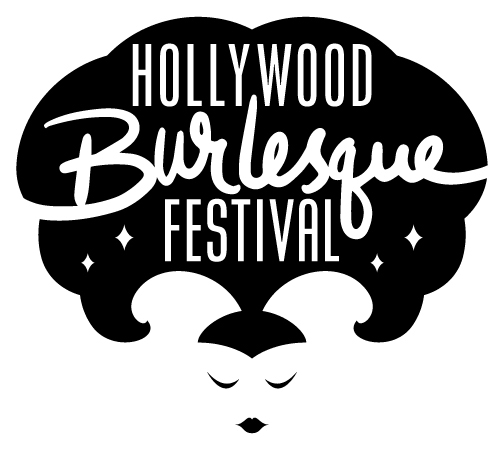When I was a little girl my mother performed burlesque in vaudeville theater in our tiny Northern Californian town. Every weekend she sang and stripped. Though the shows were scripted, she created her own costumes and choreography for them. My mother’s wit combined with sensuality in her performances was something that I did not quite understand but recognized immediately was powerful. Her ability to capture and hold everyone’s attention with that perfect balance of laugher and lust fascinated me. Burlesque is unique in the sense it is one of the few performance based art forms that allows, in most cases, for full creative control of the product produced. The performer controls all aspects of their art – content, costuming, music, choreography, lighting, etc. I believe that this is the true reason people are drawn to burlesque. While without a doubt it is empowering to captivate an audience with your wit and sensuality, it is so much more so when that piece is of your own making in its entirety. An actor in a full length play, a ballet dancer, or a woman dancing in a strip club can all experience the power to capture and hold an audience’s attention, but a burlesque performer knows that that power is entirely theirs. Perhaps that is why you will find so many of the previous performers mentioned ending up in burlesque. I know that’s why I did.
Fast forward many years from my mother’s performances and I am now a performer myself as well as an academic at UCLA studying Anthropology and I was given the opportunity this year to conduct research on burlesque. In my paper, “Burlesque: The Creative Journey to Agency though Gender Expression & Exploration” I show how performers are using the creative space that burlesque allows to explore and express issues of gender. Over the course of the last year, I have interned at Monday Night Tease! produced by Lili VonSchtupp and done performance analysis of dozens and dozens of shows. I conducted informal interviews with many performers, and collected a survey of twenty questions from 46 performers who responded internationally, including new performers, seasoned performers, professional performers, performers/producers, and even a few Legends.
Of the 46 respondents, 35 identified as female, five as male, and six as genderqueer or some other more neutral or ambiguous gender identity. Initially I had been interested in what drew performers from the variety of backgrounds they seem to come from, often risking more conservative professional careers in order to perform. Some even changed their lives dramatically to be present in the burlesque space full time. For years I have heard performers site how “empowering” burlesque is as the draw and the reason they risk so much personally and at times professionally. In the social sciences we often use “agency” in place of “empower”. In several discourses in academia “agency” means being ones own agent, to be able to act in the world with intent. In particular there is a lot of talk about political agency – how one goes from being a passive watcher to active participant in the political arena. I am very interested in this sort of agency, political but also creative. I wanted to see how performers used gender in a creative space, and how it engaged agency, and the results were more than I could have ever hoped for.
The female, male, and genderqueer performers were all using the creative space of burlesque to explore gender – they were just all doing it in different ways and for different reasons. Women really own this space, and it is one of the few spaces they do feel they own, in many cases unapologetically and for some territorially. It seemed for women that almost nothing was taboo in terms of gender. The only consistently reported taboo among performers was issues of cultural appropriation in acts, but never how gender was portrayed (by women). Women could portray any aspect if gender, be hyper feminine, gender bend between male and female, or portray men, all in a very fluid way and without any concerns. There was critique and concern of male performers potentially invading what some felt has become a sacred female space. Others were very inclusive of other genders and even celebrated the moniker “boylesque” as a legitimization of male performers having their own space within burlesque. However, some preferred the term not to be inclusive, but because they felt it should be separate from female owned space of burlesque. Because it seemed females had an “anything goes” as far as their own gender exploration, they were often less concerned or aware of gender bending and gender play in acts. Their concern was more on appropriate execution of a concept and including and exploring other issues such as body image, aging, concepts of beauty, sexual orientation, intelligence, etc. into their acts.
Meanwhile, the male performers were hyper aware they were entering into a female owned space but very much wanted to be there, respect it, and not to invade, but to explore issues of masculinity and male identity in the same creative ways the women had already mastered. Genderqueer performers were also very aware of their gender performance and used the space as a creative and safe space to explore and express identity. The burlesque space did not create their gender identity, but it was a safe space for them to explore and share what it meant. “Safe space” was a term that was often repeated by all three genders. How interesting that the act of striptease is not only reported as being empowering by its participants, but also safe. Imagine, peeling off layers of clothing hoping to illicit laughter and or desire as a form of safety. Based on all my data, I believe it is this idea of creative agency that feels safe to these performers. They have complete control of the product they produce, so they also control its outcome. In other words, they feel safe or empowered because they have agency.
VV Trippple is a Los Angeles based performer and academic at UCLA. She will be presenting her research on burlesque and gender at BurlyCon 2013 this November.





